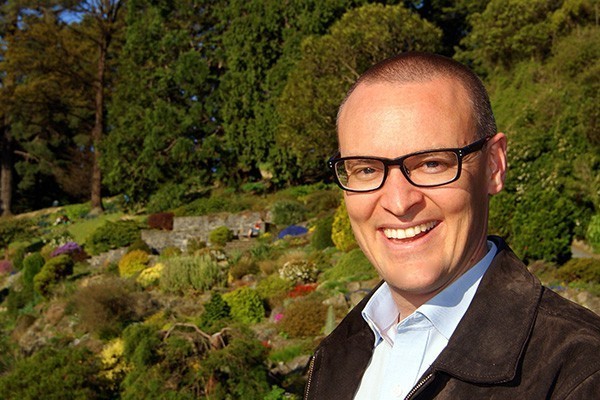I was disappointed to see students lose their second seats on University Council. The change is part of a 1980s-style downsizing of university councils around the country.
Steven Joyce has dictated that universities should no longer have the broad representation Cambridge and Oxford prefer on their councils. For him, the model at these world-leading universities is not good enough for New Zealand. Instead, the minister prefers a 12-person board that includes several members of his own selection. This recent loss of student representation is part of a wider trend.
The Voluntary Student Membership (VSM) legislation that scraped through parliament a few years ago has weakened the voice of students around the country. On some campuses, it has all but gone as student associations have folded.
Otago University is lucky to have a vice chancellor who understands the benefits of a strong student voice on campus. In my view, Harlene Hayne has proactively supported capacity building in student organisations, encouraged the student voice, and listened. She has also role-modelled freedom of speech — by speaking out against foolish government decisions. This is something not all VCs find within themselves to do.
But students should not be dependent upon a benevolent vice chancellor to have their voice heard. In our relatively benign campus environment, it is easy to forget how important it is to have the right legal protections in place. And it is also less noticeable that the student voice and student associations are in decline. Even now, OUSA doesn’t have the resources it once did. It is opting out of NZUSA, and it has fewer student advocates than previously. I am interested to see whether it has the resources to adequately support students fighting their corner as the design school is threatened with closure. It will be an important test of the organisation.
On the upside, over 400 people submitted in support of students retaining their second seat on the council. Staff, students and others are growing more concerned about the way the deck is being stacked against them.
Quality housing, job prospects and affordability of tertiary education are at least as important now as they have been in the past. Students need their voices at the table because their collective future is on the line.







